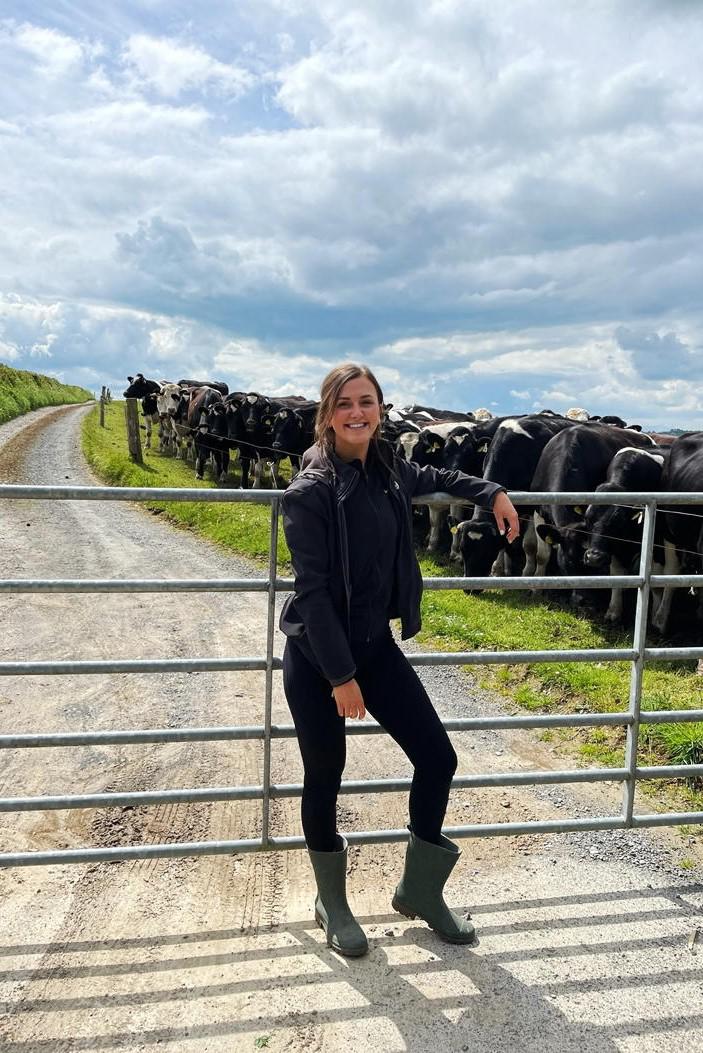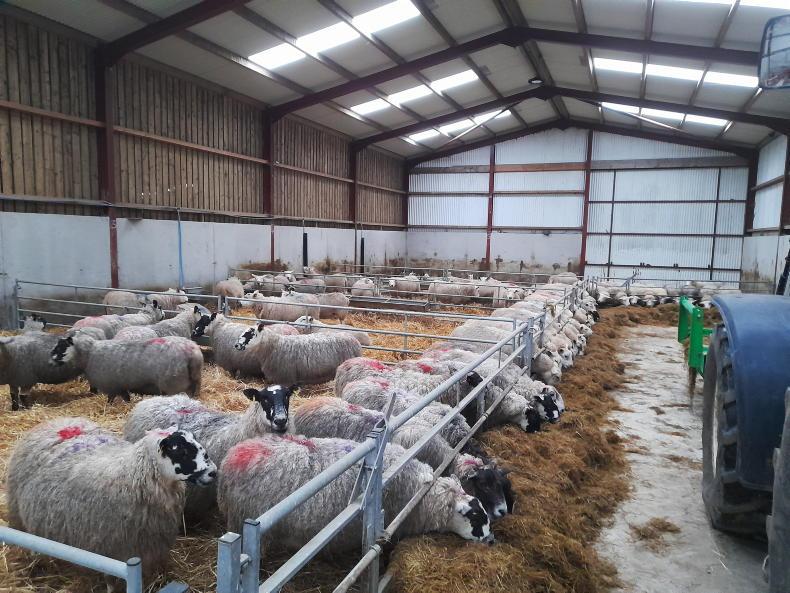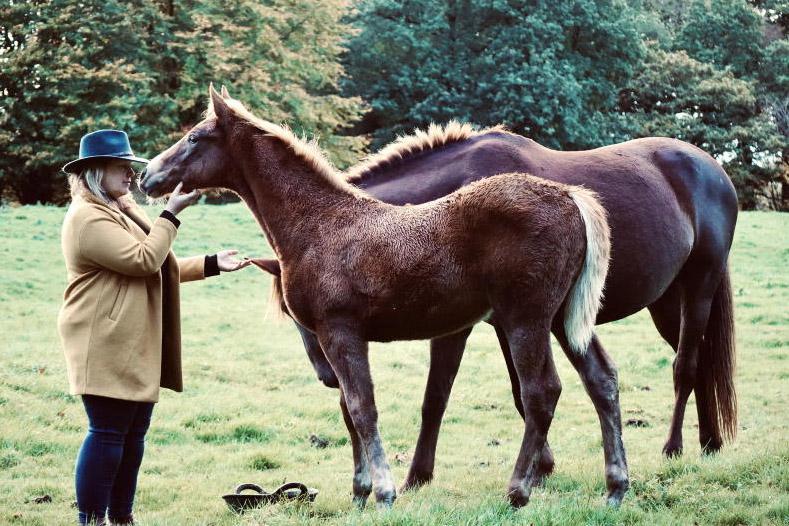Occupational therapy is a healthcare profession which enables people to live their life to its fullest – often taking their actual occupation into account.
We likely all know someone who has been affected by a life-changing event, illness or challenge which has made their day-to-day activities more difficult. The job of an occupational therapist is to take an individual’s career, activities and interests into account while enabling the individual to lead a higher quality of life.
For example, occupational therapists specialising in children may consider play and learning when making a plan for a child with mobility issues. Alternatively, they may work with individuals with disabilities to help them enjoy life and live and work as independently as possible. But what about farmers?
Occupational therapy in agriculture
While there are certainly Irish farmers living with disabilities and illness, preventative mental healthcare is also considered a type of occupational therapy. Farming is a unique kind of job wherein your health and wellness has a direct impact on your income. By overcoming obstacles through occupational therapy (both physical and mental) you can not only farm to your best ability, but have the potential to maximise the overall profitability of your farm.
Aileen Ryan is a fourth-year occupational therapy student at Robert Gordon University in Aberdeen, Scotland. She is from The Rag in Co Tipperary and, in recent months, has been completing her degree at a work placement in Clonmel. She says she was drawn to occupational therapy as a career after seeing a therapist work with her elderly grandmother.
There’s been a cultural shift in society which has left farming behind
“I’ve always been interested in healthcare,” she says.
“Then I saw occupational therapy [in action]; my grandmother had it when she was sick and I was amazed by what the therapist was able to do to give her increased independence toward the end of her life. Occupational therapy is person-centred and the whole family was included [in my grandmother’s therapy]. I knew this was something that could really help people.”
Research in motion
Aileen finished her last day of placement at the end of May and will graduate in July. For her final research project, she focused on the positive affects occupational therapy can have in the agricultural industry.
Her father is a farmer and she jokes, while researching, she was also watching her family live her research “in real time”.
“My dad is a farmer here in The Rag,” she explains. “He’s part-time as he’s a carpenter and a builder as well. There’s been a cultural shift in society which has left farming behind.
“There’s a lot more opportunities nowadays with different careers for younger people.
“Many farmers now worry they won’t have a child to inherit the farm and that can cause stress as well.”
Mental health
As Aileen progressed in her studies, she noticed many recurring themes in relation to mental health among Irish farmers. Her research project explored issues surrounding mental health and wellbeing in the farming community. This resulted in her making recommendations for services or interventions to support farmers and the farming community. Most importantly, Aileen found maintaining a work-life balance on the farm was the key to living a healthy, fulfilling life.
“With occupational therapy, we’re trained in both physical and mental health,” Aileen explains.
“Within the agricultural population, it can be about introducing equipment or adjusting the environment for people to be able to carry out their everyday activities. I focus more on mental health. We look at things from a preventative approach, using upstream thinking. We introduce preventative measures, initiatives and habits for farmers to be able to self-manage.”
A preventative approach
“We often treat problems once it’s already too late,” she continues.
“Concentrating on public health from an occupational perspective, we can promote and protect health and wellbeing through preventing ill-health and prolonging life with the assistance of communities. By keeping farmers healthy and motivated it will reduce sicknesses and increase productivity within communities. Good health as an outcome will be the centre of success.”
The main factors for farmers remaining well is the ability to have an increased work-life balance and other meaningful engagement in occupations
Through her research, Aileen found that community involvement was a key component in helping farmers combat potential mental health issues. With the pandemic, many of these community building events (like GAA matches, social dancing or drama groups) have been temporarily shut down, and she stresses the importance of these things coming back.
“It’s so important for farmers to be able to disengage from the stressful parts of their jobs,” she says.
“Taking a well-earned break is great for minding your mental health. A lack of engagement can be damaging, and we understand an individual’s life should consist of occupations which are balanced in leisure, self-care and productivity. The main factors for farmers remaining well is the ability to have an increased work-life balance and other meaningful engagement in occupations.”
Generation gap
Aileen notes it is important to consider the generational gap of the Irish farming community and understand that the one-size-fits-all approach will not apply to every farm.
“Both young and older generations can benefit from occupational therapy in different ways,” she says.
“Many older farmers wouldn’t want to let anyone know they’re going on holidays or taking a break, while younger farmers are more accepting of taking breaks – in fact, it’s often their partner who says: ‘We’re going away and that’s it!’”
As for the future? Now newly qualified the world is Aileen’s oyster. She says she is interested in staying within the agricultural sphere and looks forward to helping farmers live their best lives.
“Agricultural occupational therapy is an emerging and important topic; there’s going to be a lot more of it in the coming years,” she says. “Prevention is always better than cure, for mental health as much as physical health.”










SHARING OPTIONS